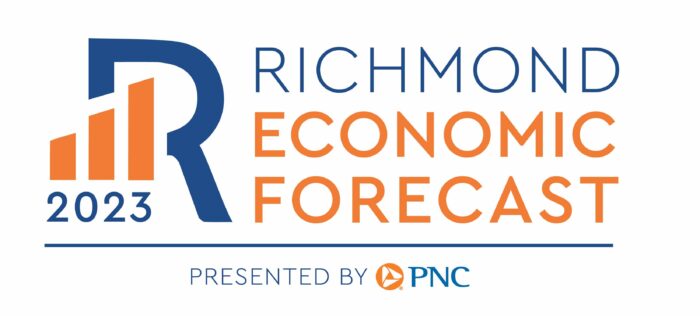
Inflation, the labor market and the prospects of a recession were the topics du jour at the third annual BizSense Economic Forecast, presented by PNC Bank.
Held last week in partnership with University of Richmond Robins School of Business at the Jepson Alumni Center, the event featured two panels: one made up of local business leaders sharing what they’re experiencing on the ground; and the second made up of economists to explain the bigger picture.
The business leader panel consisted of: Lester Johnson of Mama J’s; Lucas Fritz of Broadberry Entertainment Group; Ashley Peace of Sauer Properties; Dawn Bradley of Long & Foster; Mark Motley of Motleys Asset Disposition Group and Neil Amin of Shamin Hotels.
The economist panel consisted of: Gus Faucher from PNC; Renee Haltom from the Federal Reserve Bank of Richmond; and Stephen Hartka from the Virginia Economic Development Partnership.
Here are the key takeaways and talking points from each of the speakers:
Neil Amin:
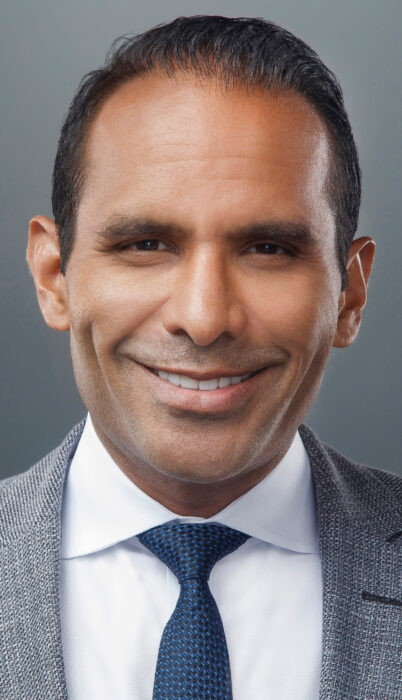 “We have 16 hotels that we’re working on in development stages. Four will open this year and we hope to start construction on five more this year.
“We have 16 hotels that we’re working on in development stages. Four will open this year and we hope to start construction on five more this year.
Last year we renovated three hotels. We paid more for the shipping than the cost of the furniture that we bought. We were normally paying $4,000 per container to ship furniture from China. We paid $30,000 last year and we had six containers.
We found that people that were in college during the pandemic that have now graduated are very excited to come into work. They don’t want to be remote. They are dying to learn and be in the office.
I think people really don’t know what things are worth (commercial property values). Sellers have to move off those pre-pandemic valuations.
We don’t expect a deep recession. We’re in it for the long-term.”
Lester Johnson:
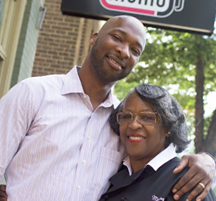
“The issue for us is cost pressure. Cost of goods, labor costs, everything is 20, 30, 40 percent.
I’ve done two pay raises in the past 12 months. I had a GM that was with me for 13 years. He left to go work for Starbucks. Everybody, even the big boys are feeling it.
You had an industry that basically disappeared for a year and a half. You had a lot of veterans of that industry find different ways to make money. We’ve basically lost a generation of institutional knowledge and now we have to basically build it back up.
Nobody is going to flat out stop going to eat out. I relate everything to basketball: you want to be at the top of the depth chart. You don’t want to be the guy sitting on the bench because you’ll be the first to get cut.”
Dawn Bradley:
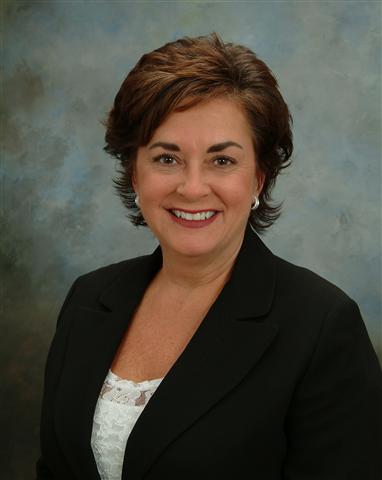 “I think every real estate agent felt like ‘sign in the yard, money in the bank.’ And now we’ve had to go back to work. 2022 was the first year in 10 that our sales did not exceed the previous year.
“I think every real estate agent felt like ‘sign in the yard, money in the bank.’ And now we’ve had to go back to work. 2022 was the first year in 10 that our sales did not exceed the previous year.
The National Association of Realtors predicts we’ll settle in at about 5.3-5.4 percent (mortgage rates).
One of our biggest challenges is the lack of inventory. A seller doesn’t want to put his house on the market because he doesn’t have one to buy. Who is knocked out of the market is the first time home buyer. We do not see home values declining. It’s kind of econ 101, supply and demand.
We’re doing a better job as an industry of being realistic. that’s something agents had to get their heads around. A lot of the agents today weren’t in the market 10 years ago. They don’t understand that it ebbs and flows and we will get through this. Everybody wants a house, it’s still the American Dream.”
Lucas Fritz:
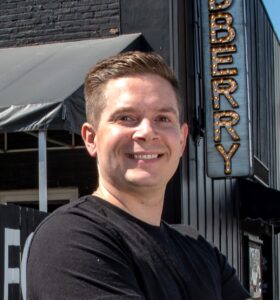 “Artists costs are going up. With the increased cost of gas, when you’re driving a tour bus or tractor-trailers and the cost of a gallon is doubling, well, you just doubled your transportation costs.
“Artists costs are going up. With the increased cost of gas, when you’re driving a tour bus or tractor-trailers and the cost of a gallon is doubling, well, you just doubled your transportation costs.
It’s causing these artists to change how they’re going to tour. With their prices going up, they’re charging more to people like me and I have to turn around and raise ticket prices.
Our calendars are filling up. Our concern is that as personal finances tighten up the casual concert goer will go to fewer events.”
Mark Motley:
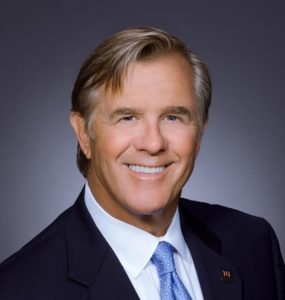 “When things get a little tight we get busier.
“When things get a little tight we get busier.
Our crystal ball is a little cloudy. We believe we’re definitely going to see some tightening and maybe some adjustment to the economy, probably a recession, but certainly nothing as severe as we went through in 2009.
Some of you may not remember this, but at one point I paid 16 percent interest (on a loan). We will get used to the higher rates. We’ve just been in this honeymoon session for quite a while.
The economy functions better when the rates are slightly higher.”
Ashley Peace:
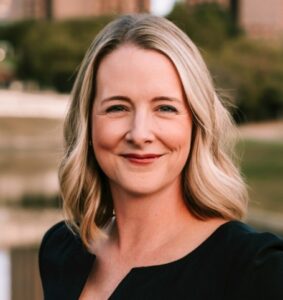 “We saw about a 15-20 percent increase in construction prices from where we started out with our development budgets. We’re seeing pricing stabilize. It has not really gone down though.
“We saw about a 15-20 percent increase in construction prices from where we started out with our development budgets. We’re seeing pricing stabilize. It has not really gone down though.
We got traffic poles in six months. Typically they take over 12 months to get delivered. To me that would be a sign that lead times are improving and hopefully we’re getting through supply chain issues.
Some deals just don’t pencil right now.
If you have long-term leases and well-positioned, well-located commercial real estate, the fundamentals are still strong.
We are prepared for a recession but we’re not going to be distracted by the noise. The fundamentals of commercial real estate are there and will always be there.”
Renee Haltom:
 “The good news is that supply and demand are starting to balance. That’s ultimately what it’s going to take to get inflation down. Where we are today is actually a quite strong economy.
“The good news is that supply and demand are starting to balance. That’s ultimately what it’s going to take to get inflation down. Where we are today is actually a quite strong economy.
We’ve raised rates very rapidly but the rule of thumb is that’ll take 9-18 months to impact inflation.
You’ve seen Fed policy makers posture and say ‘we learned from the 1970s that if you back off on tight policies before inflation is tamed, it comes back higher. The December minutes from the Fed’s policy meeting said no participants expected interest rates to fall in 2023.
Once you raise wages you don’t cut them. That’s not something we’re going to see recede. What we look for is a slowing in the pace of wage growth.
We tend to in Virginia weather recessions very well.
I think the recession talk is to an extent semantics. We see this slow-down coming. When you anticipate a slow-down, you can use a scalpel. You can be very careful about how you’re going to cut and how you can be conservative.”
Stephen Hartka:
 “2022 was a great year for Virginia. We added roughly 100,000 non-farm payroll jobs. We felt like we finally shedded that Covid sluggishness. But we still rank almost dead last in the country in terms of the percentage of jobs lost during Covid that we’ve recovered. It’s around 70-75 percent.
“2022 was a great year for Virginia. We added roughly 100,000 non-farm payroll jobs. We felt like we finally shedded that Covid sluggishness. But we still rank almost dead last in the country in terms of the percentage of jobs lost during Covid that we’ve recovered. It’s around 70-75 percent.
There were 330,000 job openings in Virginia. You might think that’s good news except we don’t have anyone to fill them. I don’t think we can underestimate how difficult it is going to be to solve some of these problems.
We’re bleeding young affluent people to our competitor states every year. We absolutely need to figure out how to retain talent, grow our talent.
There are over 100 different projects considering a site in the Richmond area. We’ve seen a wave of generational manufacturing projects we’re competing for.
We’re always going to be optimistic and chase after the deal. But we don’t put blinders on. But even during the recession there’s always a silver lining. We’re going to be trying to figure out what that is and trying to position Virginia to come out of the recession well.”
Gus Faucher:
 “I think we see the Fed continuing to raise rates in the early part of 2023.
“I think we see the Fed continuing to raise rates in the early part of 2023.
We will start to see inflation slow in 2023. I would not be surprised to see inflation overall back down to around 2 percent by early 2024. But I think it will take a recession to get there.
The banking system is very well capitalized. Banks have made better lending decisions. Borrowers have made better borrowing decisions. Yes, we will see deterioration but we’re starting from a very good point.
I think we get a recession starting sometime in the second or third quarter this year, but I do think it’s going to be mild. We’ll see real GDP decline by about 1 percent. This is going to be more like the recession we experienced in the early 90s or the first part of this century.
I put the probability of recession at about 2-and-3, which means there’s a one-third chance that the Fed can pull this off.”
Inflation, the labor market and the prospects of a recession were the topics du jour at the third annual BizSense Economic Forecast, presented by PNC Bank.
Held last week in partnership with University of Richmond Robins School of Business at the Jepson Alumni Center, the event featured two panels: one made up of local business leaders sharing what they’re experiencing on the ground; and the second made up of economists to explain the bigger picture.
The business leader panel consisted of: Lester Johnson of Mama J’s; Lucas Fritz of Broadberry Entertainment Group; Ashley Peace of Sauer Properties; Dawn Bradley of Long & Foster; Mark Motley of Motleys Asset Disposition Group and Neil Amin of Shamin Hotels.
The economist panel consisted of: Gus Faucher from PNC; Renee Haltom from the Federal Reserve Bank of Richmond; and Stephen Hartka from the Virginia Economic Development Partnership.
Here are the key takeaways and talking points from each of the speakers:
Neil Amin:
 “We have 16 hotels that we’re working on in development stages. Four will open this year and we hope to start construction on five more this year.
“We have 16 hotels that we’re working on in development stages. Four will open this year and we hope to start construction on five more this year.
Last year we renovated three hotels. We paid more for the shipping than the cost of the furniture that we bought. We were normally paying $4,000 per container to ship furniture from China. We paid $30,000 last year and we had six containers.
We found that people that were in college during the pandemic that have now graduated are very excited to come into work. They don’t want to be remote. They are dying to learn and be in the office.
I think people really don’t know what things are worth (commercial property values). Sellers have to move off those pre-pandemic valuations.
We don’t expect a deep recession. We’re in it for the long-term.”
Lester Johnson:

“The issue for us is cost pressure. Cost of goods, labor costs, everything is 20, 30, 40 percent.
I’ve done two pay raises in the past 12 months. I had a GM that was with me for 13 years. He left to go work for Starbucks. Everybody, even the big boys are feeling it.
You had an industry that basically disappeared for a year and a half. You had a lot of veterans of that industry find different ways to make money. We’ve basically lost a generation of institutional knowledge and now we have to basically build it back up.
Nobody is going to flat out stop going to eat out. I relate everything to basketball: you want to be at the top of the depth chart. You don’t want to be the guy sitting on the bench because you’ll be the first to get cut.”
Dawn Bradley:
 “I think every real estate agent felt like ‘sign in the yard, money in the bank.’ And now we’ve had to go back to work. 2022 was the first year in 10 that our sales did not exceed the previous year.
“I think every real estate agent felt like ‘sign in the yard, money in the bank.’ And now we’ve had to go back to work. 2022 was the first year in 10 that our sales did not exceed the previous year.
The National Association of Realtors predicts we’ll settle in at about 5.3-5.4 percent (mortgage rates).
One of our biggest challenges is the lack of inventory. A seller doesn’t want to put his house on the market because he doesn’t have one to buy. Who is knocked out of the market is the first time home buyer. We do not see home values declining. It’s kind of econ 101, supply and demand.
We’re doing a better job as an industry of being realistic. that’s something agents had to get their heads around. A lot of the agents today weren’t in the market 10 years ago. They don’t understand that it ebbs and flows and we will get through this. Everybody wants a house, it’s still the American Dream.”
Lucas Fritz:
 “Artists costs are going up. With the increased cost of gas, when you’re driving a tour bus or tractor-trailers and the cost of a gallon is doubling, well, you just doubled your transportation costs.
“Artists costs are going up. With the increased cost of gas, when you’re driving a tour bus or tractor-trailers and the cost of a gallon is doubling, well, you just doubled your transportation costs.
It’s causing these artists to change how they’re going to tour. With their prices going up, they’re charging more to people like me and I have to turn around and raise ticket prices.
Our calendars are filling up. Our concern is that as personal finances tighten up the casual concert goer will go to fewer events.”
Mark Motley:
 “When things get a little tight we get busier.
“When things get a little tight we get busier.
Our crystal ball is a little cloudy. We believe we’re definitely going to see some tightening and maybe some adjustment to the economy, probably a recession, but certainly nothing as severe as we went through in 2009.
Some of you may not remember this, but at one point I paid 16 percent interest (on a loan). We will get used to the higher rates. We’ve just been in this honeymoon session for quite a while.
The economy functions better when the rates are slightly higher.”
Ashley Peace:
 “We saw about a 15-20 percent increase in construction prices from where we started out with our development budgets. We’re seeing pricing stabilize. It has not really gone down though.
“We saw about a 15-20 percent increase in construction prices from where we started out with our development budgets. We’re seeing pricing stabilize. It has not really gone down though.
We got traffic poles in six months. Typically they take over 12 months to get delivered. To me that would be a sign that lead times are improving and hopefully we’re getting through supply chain issues.
Some deals just don’t pencil right now.
If you have long-term leases and well-positioned, well-located commercial real estate, the fundamentals are still strong.
We are prepared for a recession but we’re not going to be distracted by the noise. The fundamentals of commercial real estate are there and will always be there.”
Renee Haltom:
 “The good news is that supply and demand are starting to balance. That’s ultimately what it’s going to take to get inflation down. Where we are today is actually a quite strong economy.
“The good news is that supply and demand are starting to balance. That’s ultimately what it’s going to take to get inflation down. Where we are today is actually a quite strong economy.
We’ve raised rates very rapidly but the rule of thumb is that’ll take 9-18 months to impact inflation.
You’ve seen Fed policy makers posture and say ‘we learned from the 1970s that if you back off on tight policies before inflation is tamed, it comes back higher. The December minutes from the Fed’s policy meeting said no participants expected interest rates to fall in 2023.
Once you raise wages you don’t cut them. That’s not something we’re going to see recede. What we look for is a slowing in the pace of wage growth.
We tend to in Virginia weather recessions very well.
I think the recession talk is to an extent semantics. We see this slow-down coming. When you anticipate a slow-down, you can use a scalpel. You can be very careful about how you’re going to cut and how you can be conservative.”
Stephen Hartka:
 “2022 was a great year for Virginia. We added roughly 100,000 non-farm payroll jobs. We felt like we finally shedded that Covid sluggishness. But we still rank almost dead last in the country in terms of the percentage of jobs lost during Covid that we’ve recovered. It’s around 70-75 percent.
“2022 was a great year for Virginia. We added roughly 100,000 non-farm payroll jobs. We felt like we finally shedded that Covid sluggishness. But we still rank almost dead last in the country in terms of the percentage of jobs lost during Covid that we’ve recovered. It’s around 70-75 percent.
There were 330,000 job openings in Virginia. You might think that’s good news except we don’t have anyone to fill them. I don’t think we can underestimate how difficult it is going to be to solve some of these problems.
We’re bleeding young affluent people to our competitor states every year. We absolutely need to figure out how to retain talent, grow our talent.
There are over 100 different projects considering a site in the Richmond area. We’ve seen a wave of generational manufacturing projects we’re competing for.
We’re always going to be optimistic and chase after the deal. But we don’t put blinders on. But even during the recession there’s always a silver lining. We’re going to be trying to figure out what that is and trying to position Virginia to come out of the recession well.”
Gus Faucher:
 “I think we see the Fed continuing to raise rates in the early part of 2023.
“I think we see the Fed continuing to raise rates in the early part of 2023.
We will start to see inflation slow in 2023. I would not be surprised to see inflation overall back down to around 2 percent by early 2024. But I think it will take a recession to get there.
The banking system is very well capitalized. Banks have made better lending decisions. Borrowers have made better borrowing decisions. Yes, we will see deterioration but we’re starting from a very good point.
I think we get a recession starting sometime in the second or third quarter this year, but I do think it’s going to be mild. We’ll see real GDP decline by about 1 percent. This is going to be more like the recession we experienced in the early 90s or the first part of this century.
I put the probability of recession at about 2-and-3, which means there’s a one-third chance that the Fed can pull this off.”

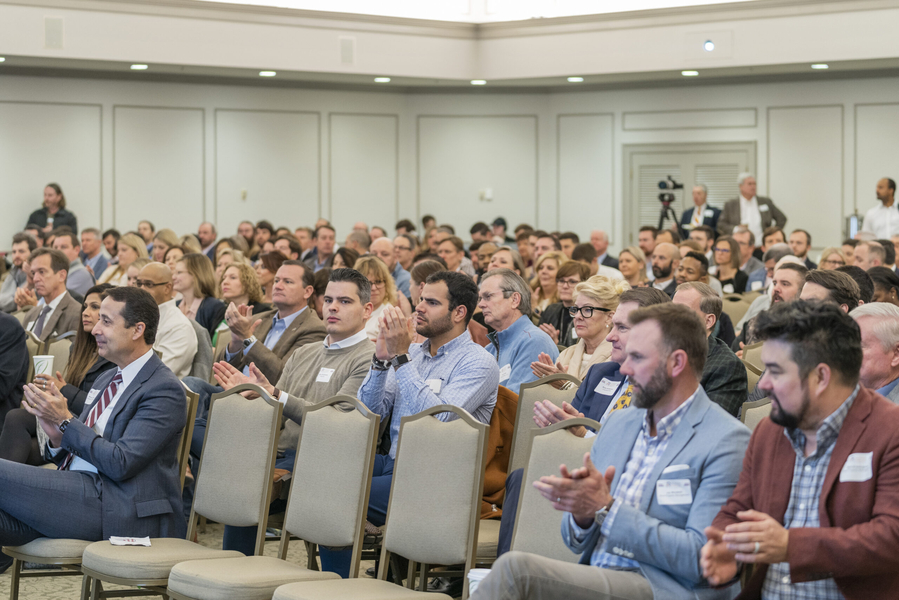
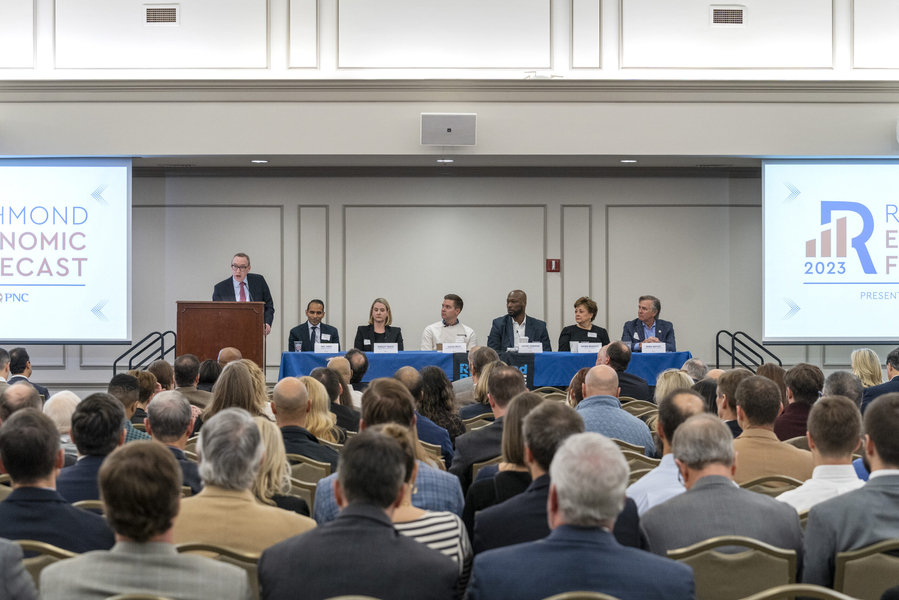
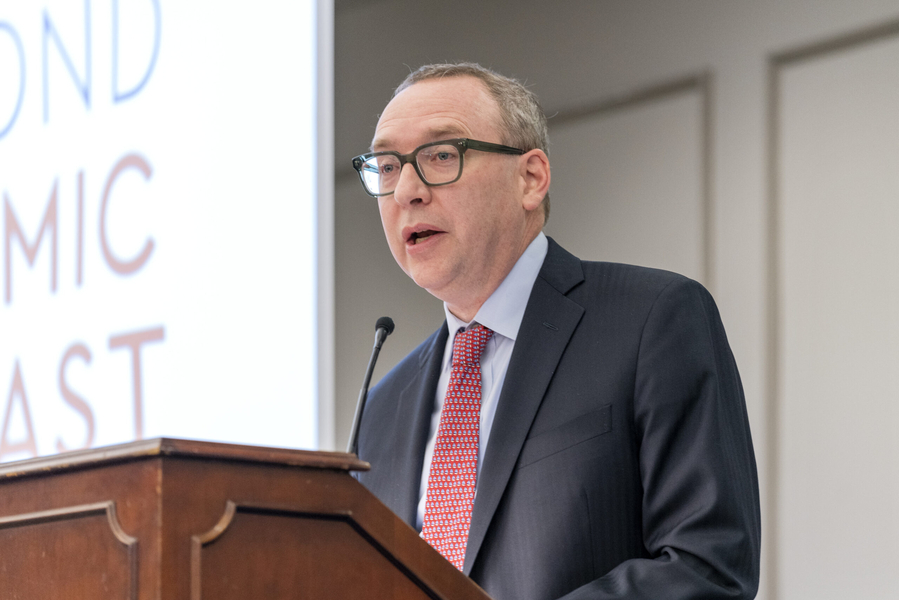
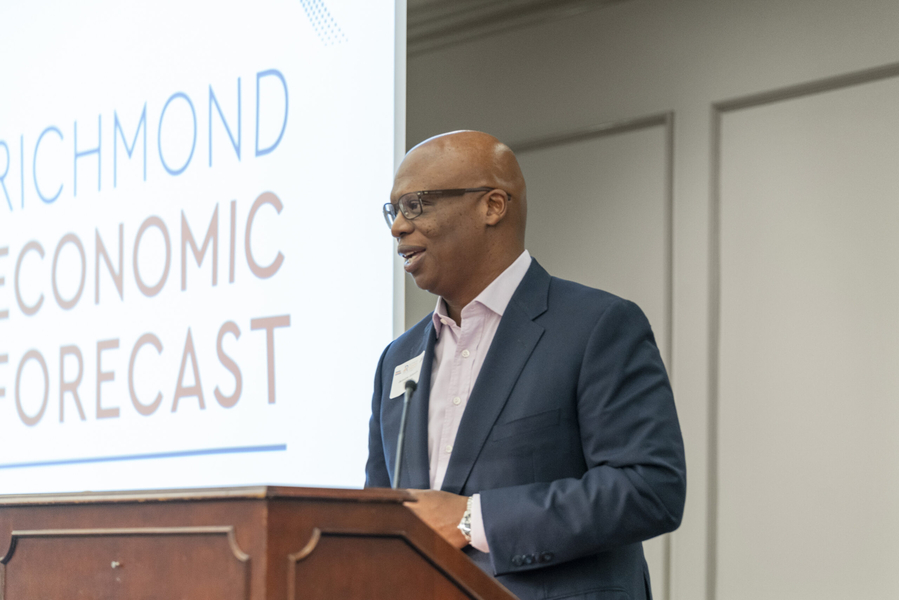
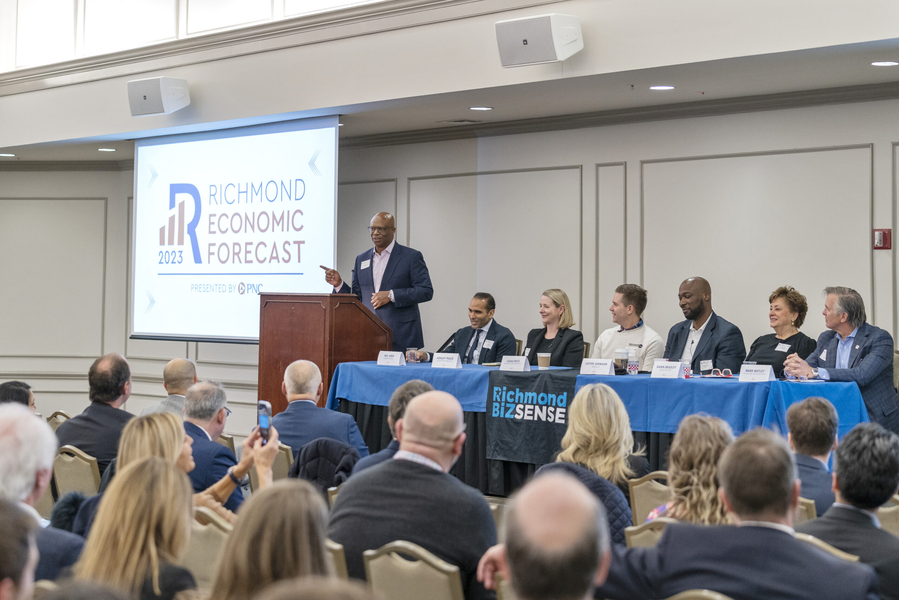
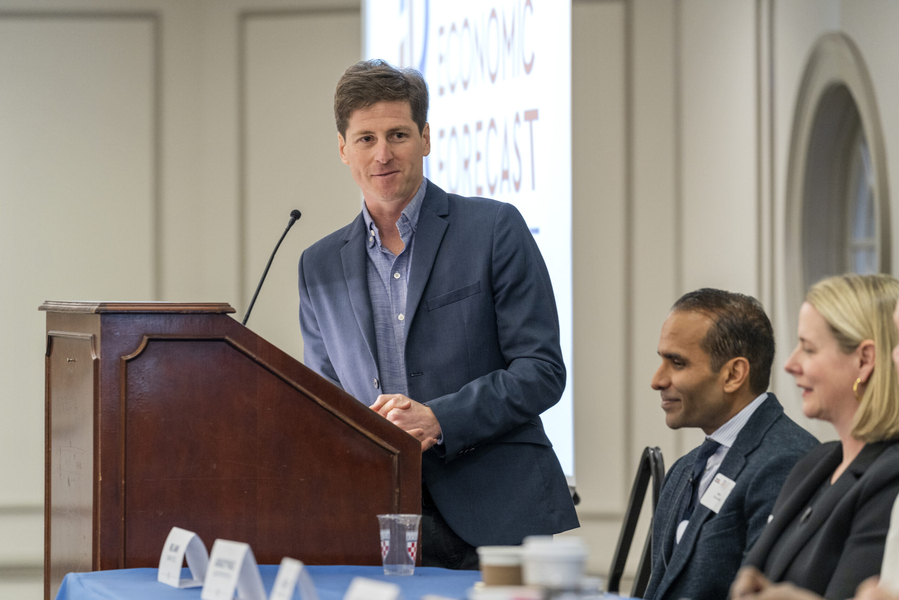
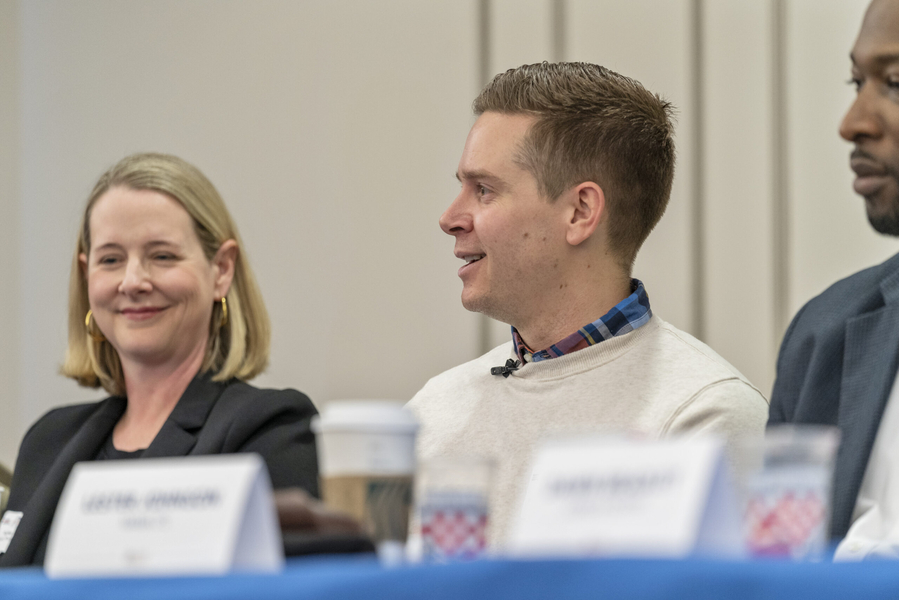
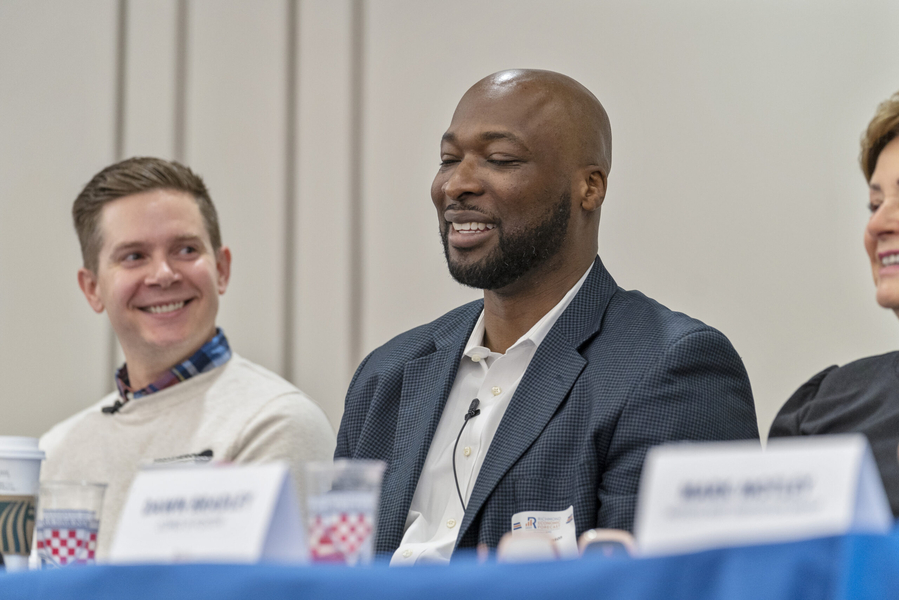
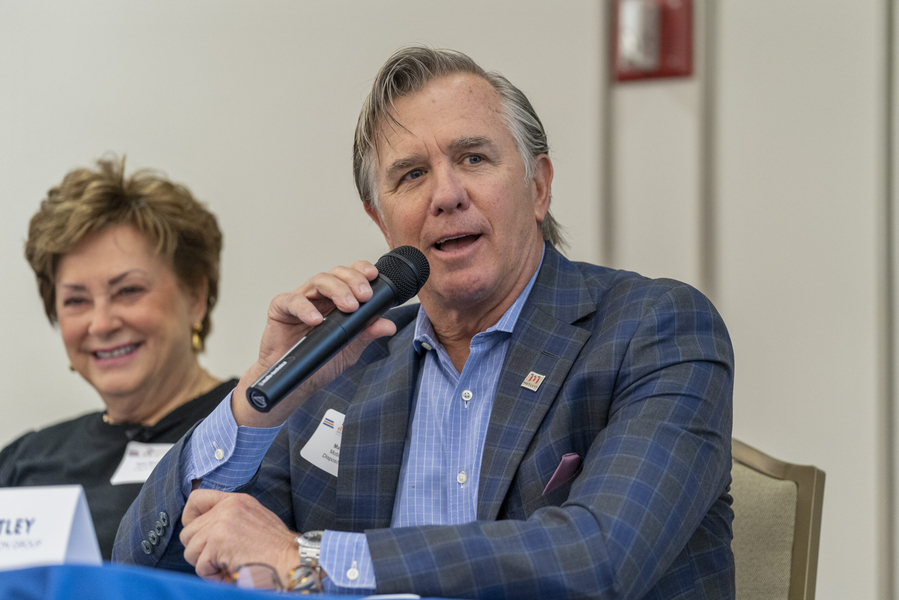
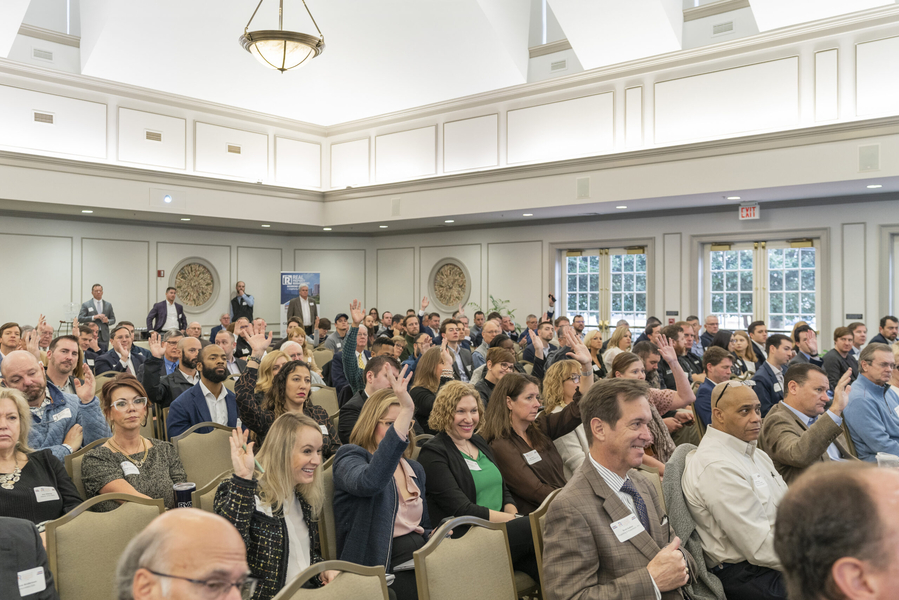
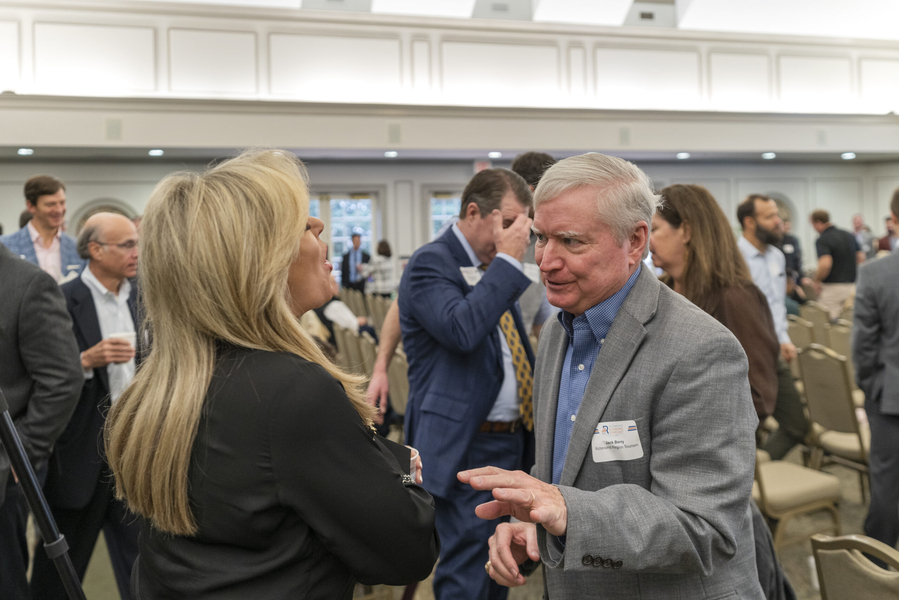
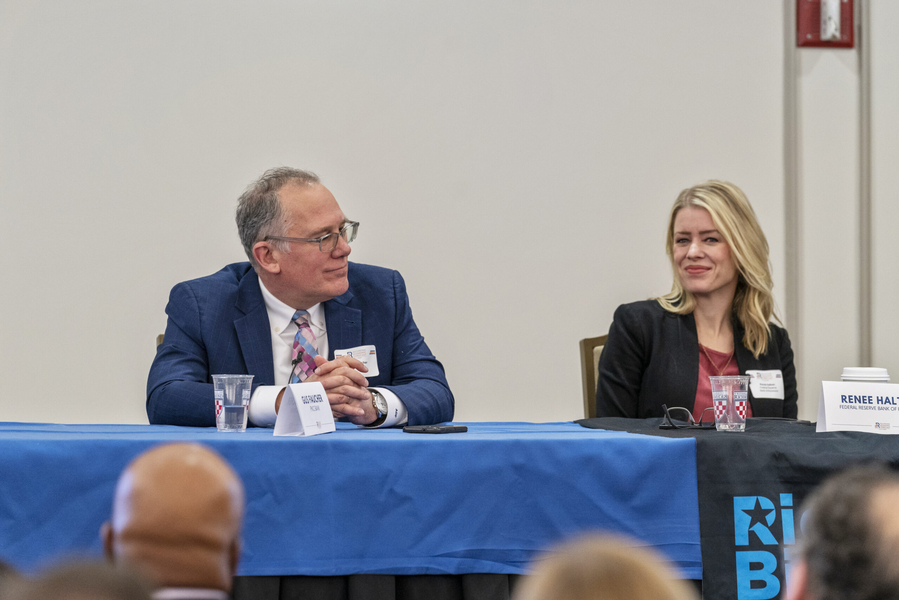
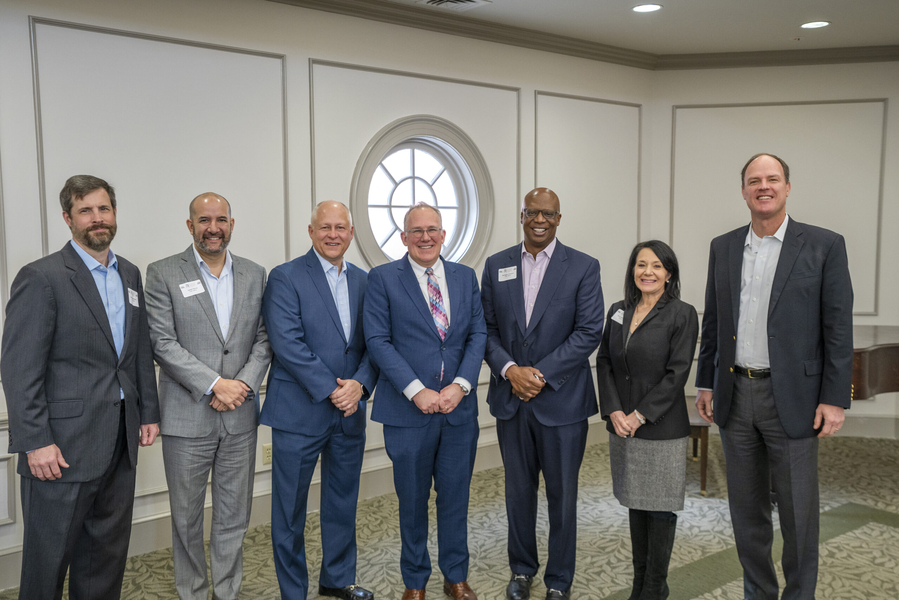

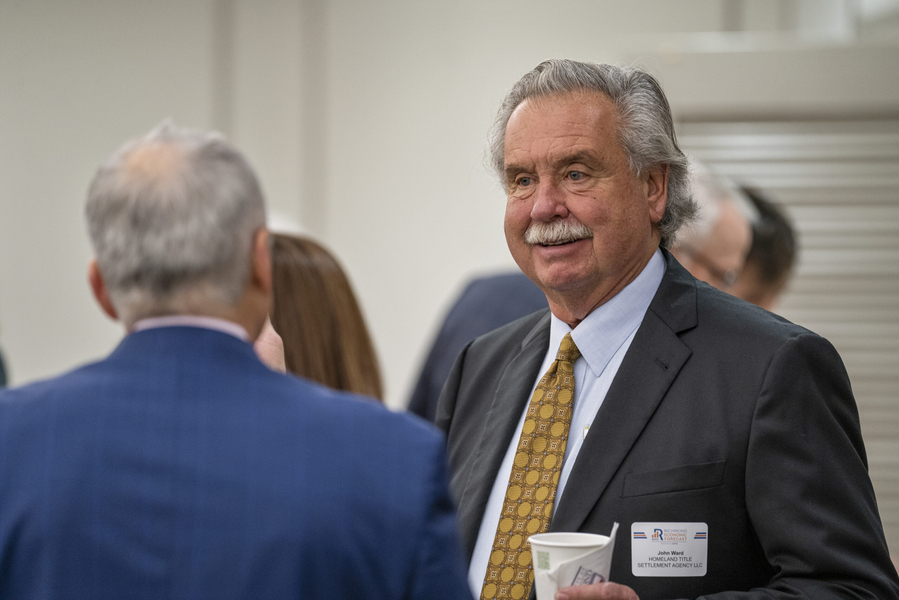
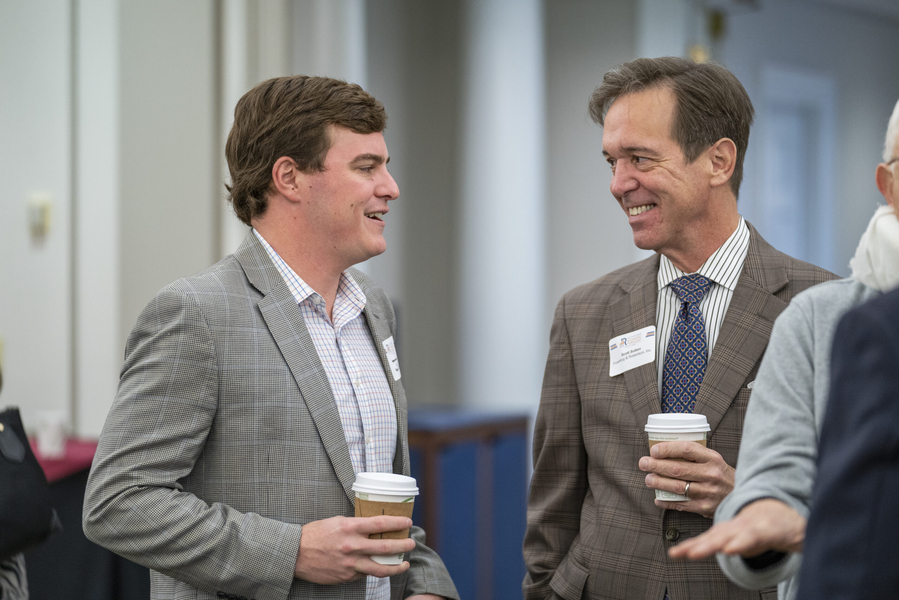
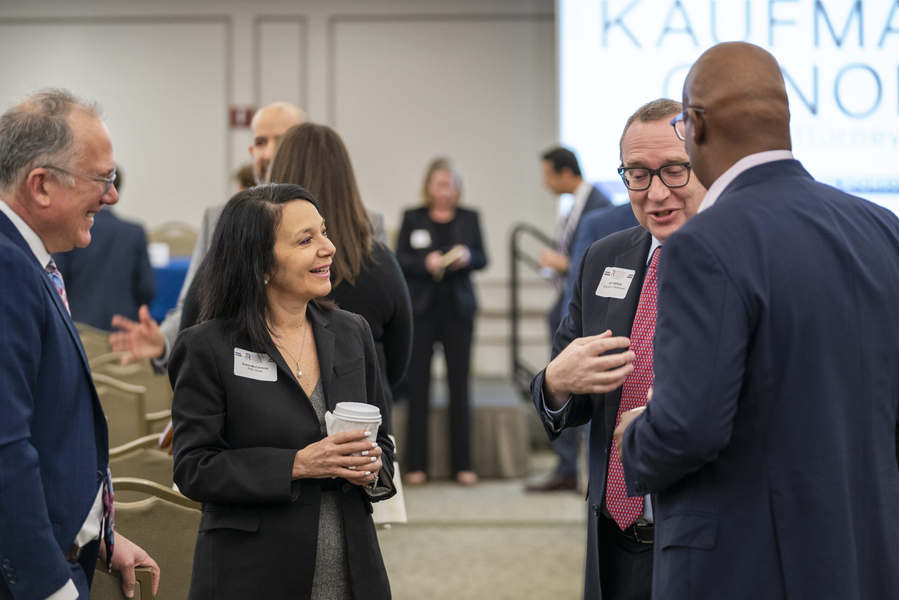
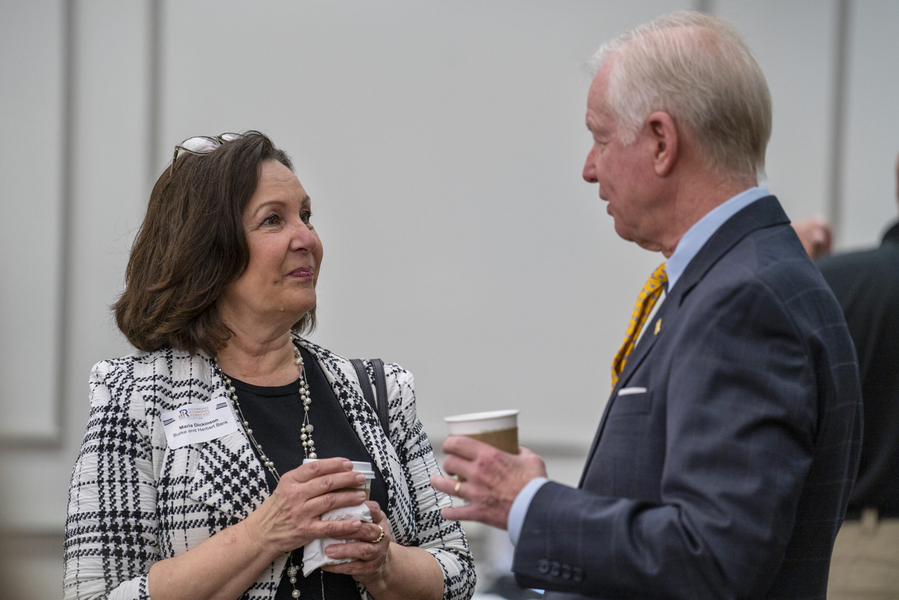
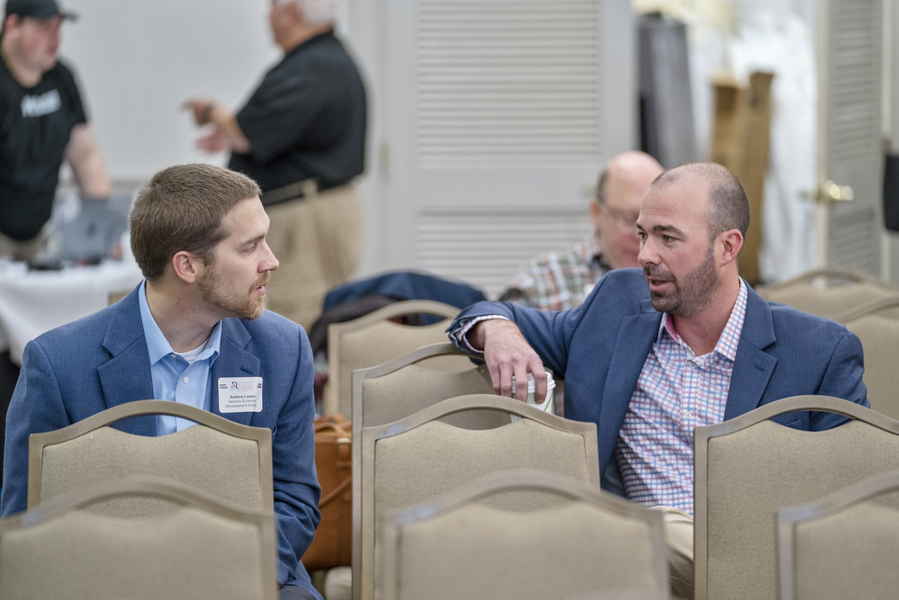
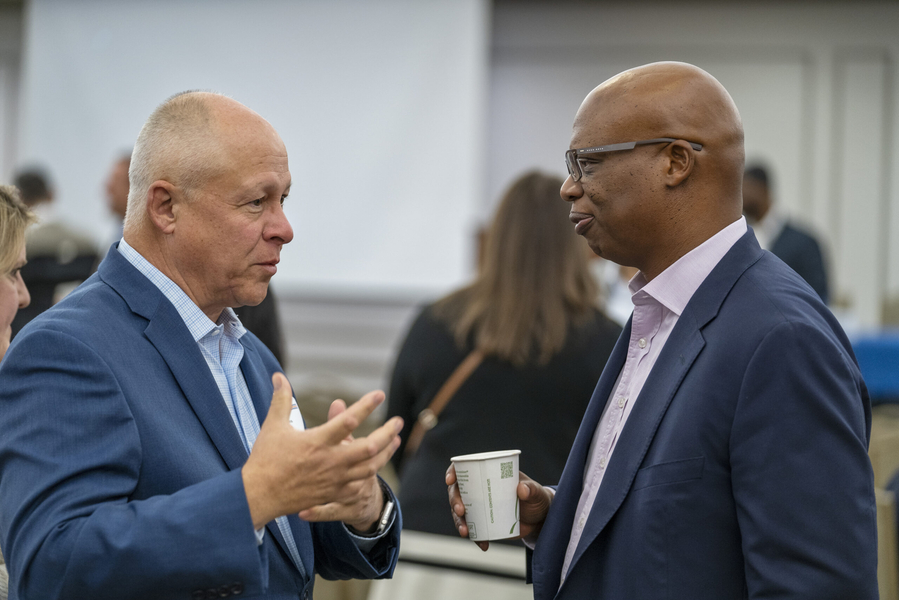
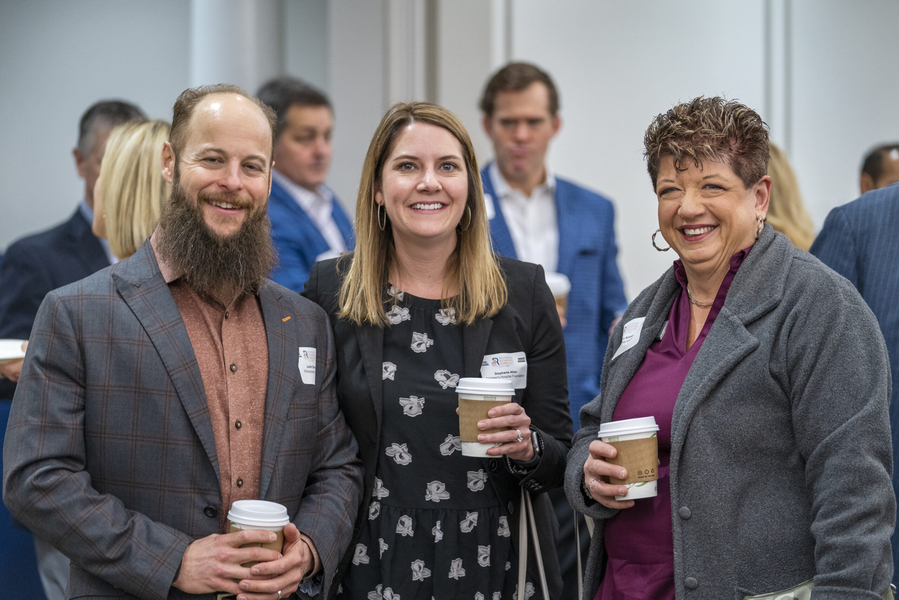
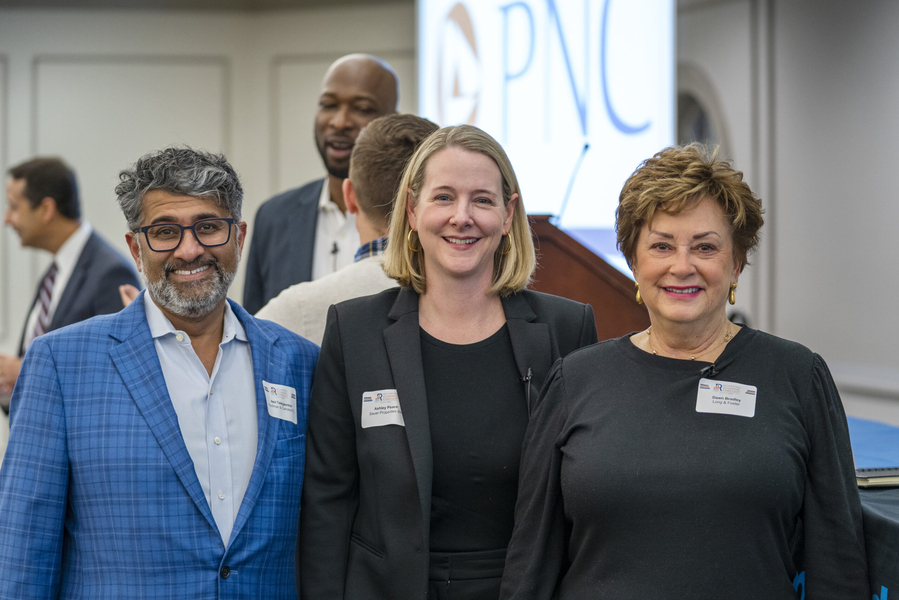
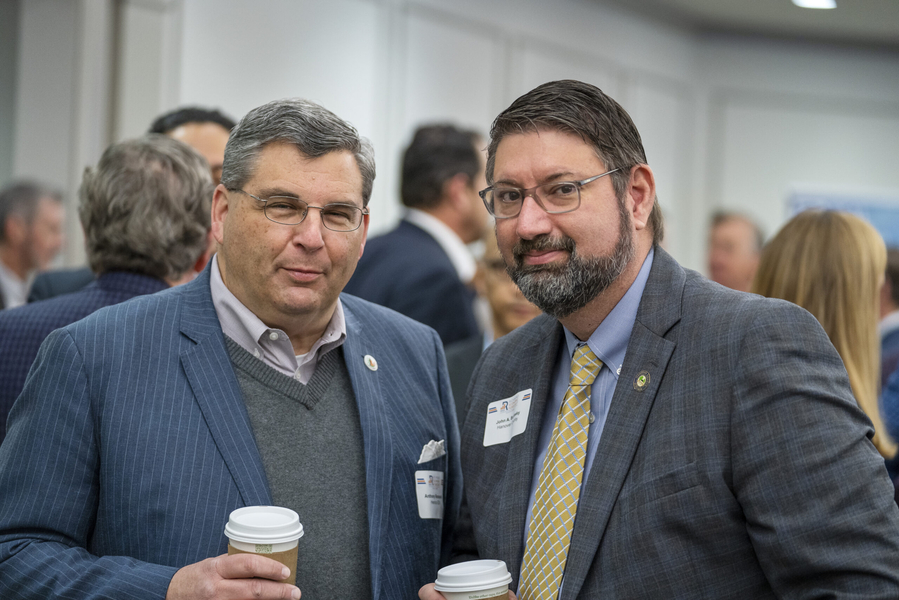
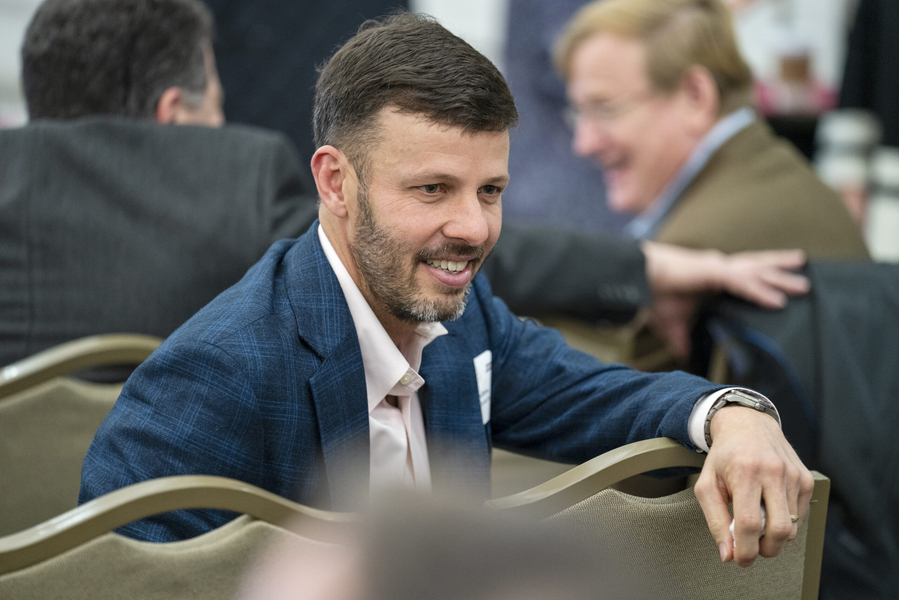
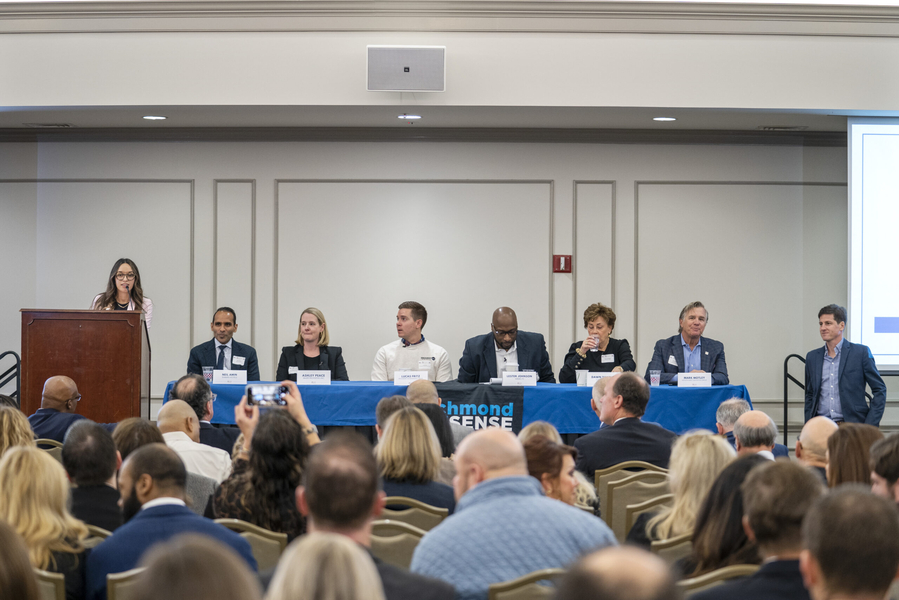
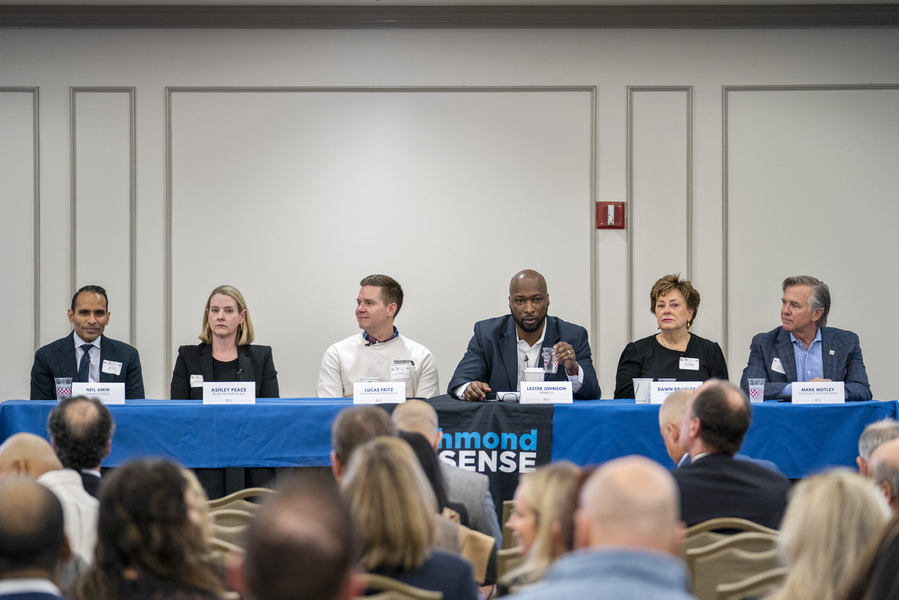
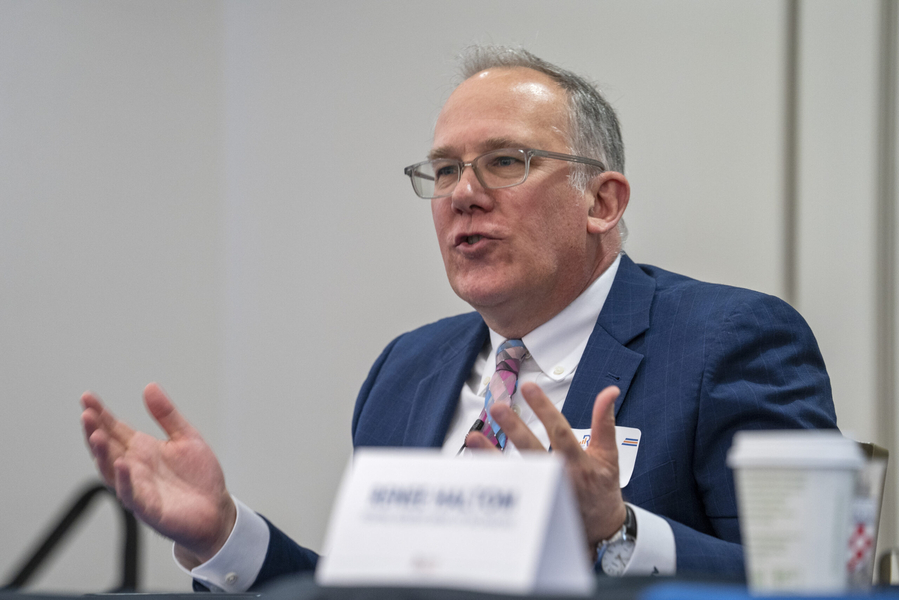
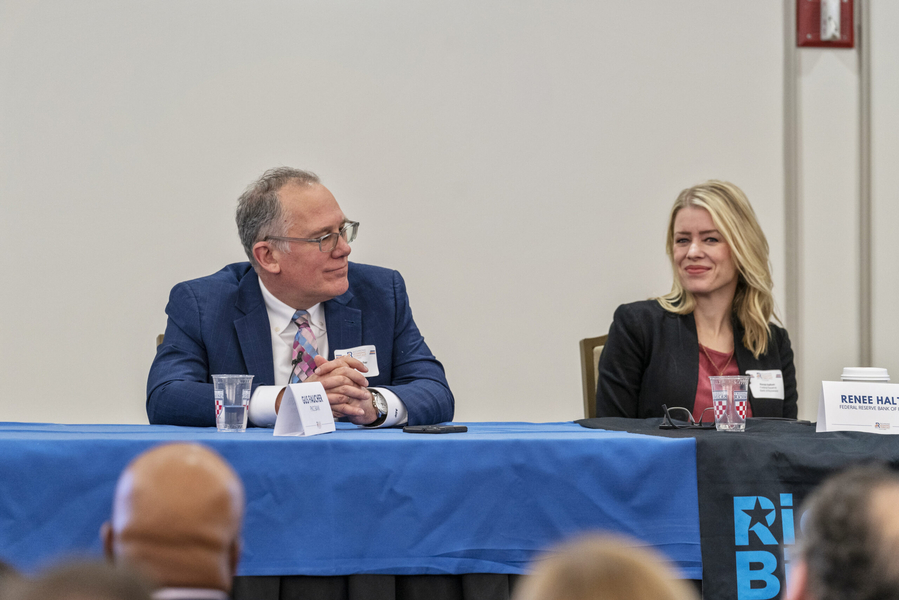
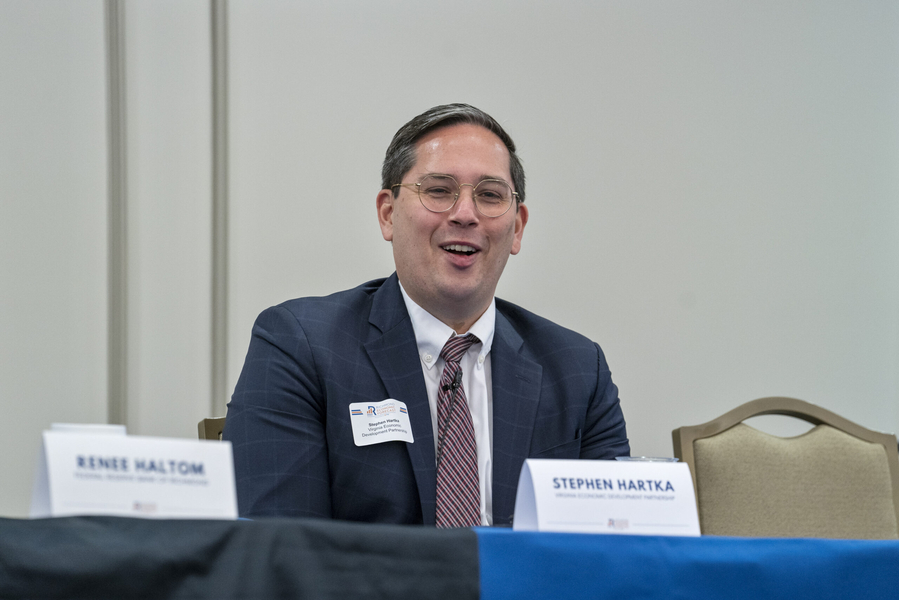
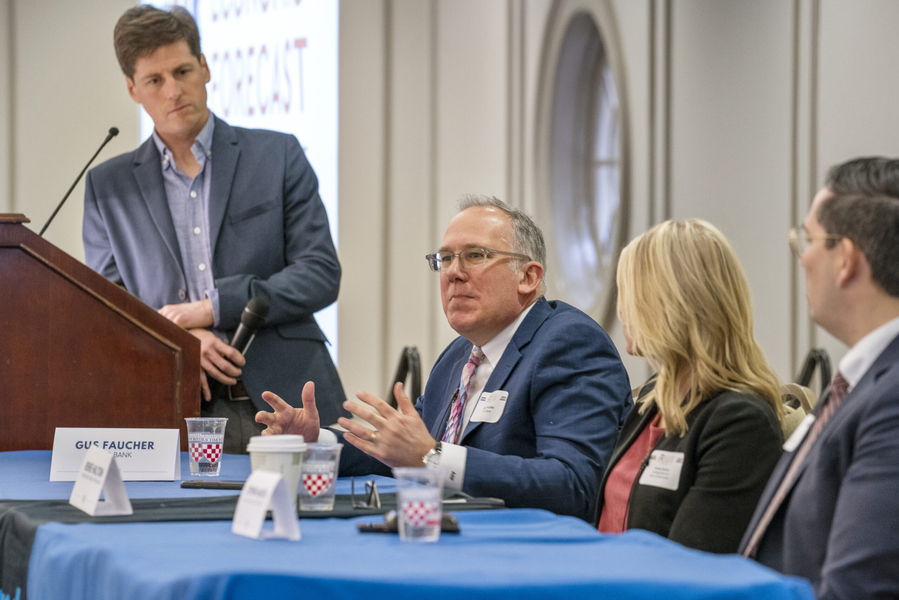
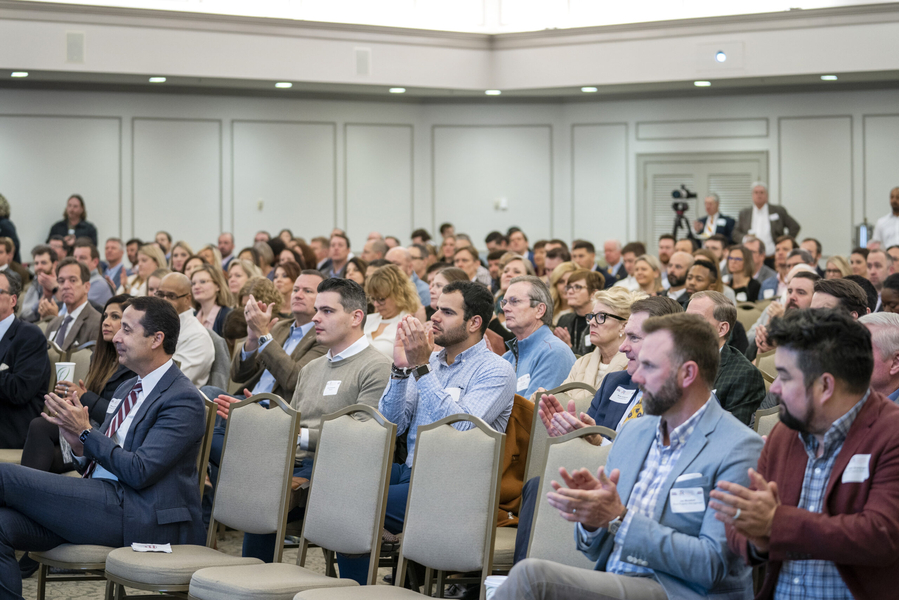
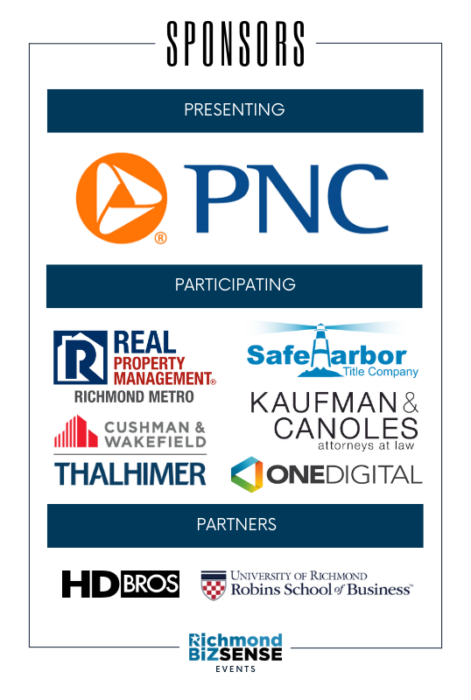


“They don’t want to be remote. They are dying to learn and be in the office.” – Yeah let’s see some actual data behind this asinine statement.